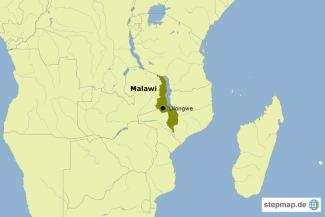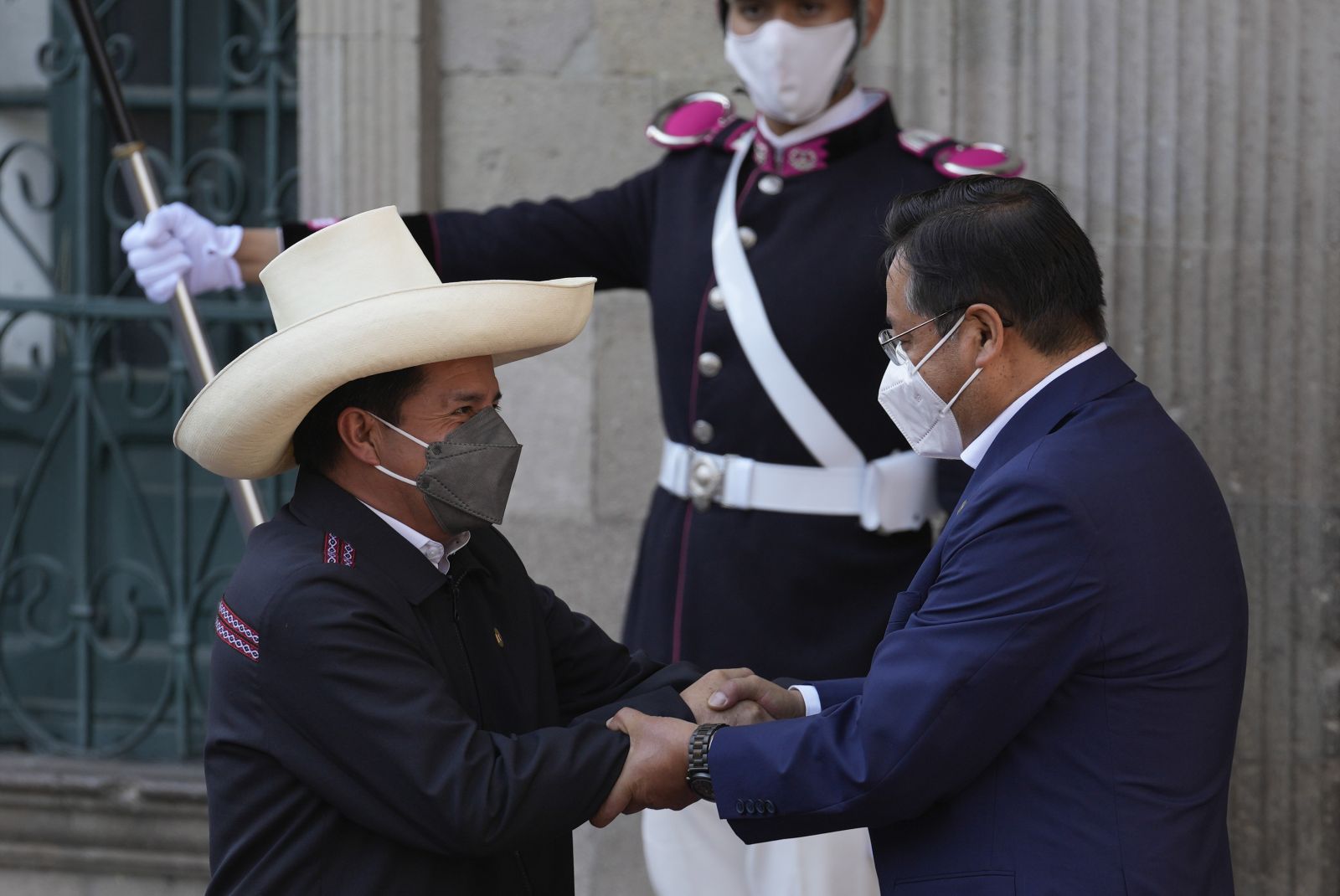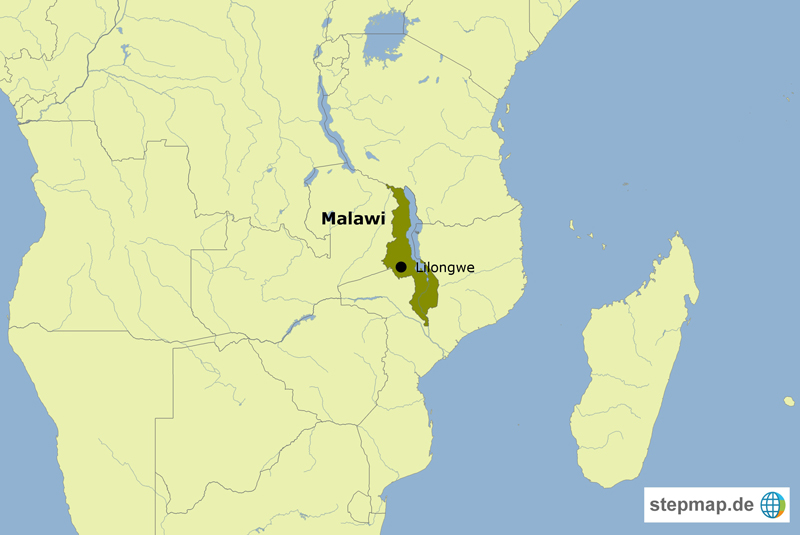Land reform
Losing ground

On the ground, however, some of the practices of the past – involving sale of public lands to businesses and private individuals – continue. Such sales have been a sensitive political issue in mostly-agricultural Malawi since Colonial times, when much of the most fertile land was sold to white farmers.
Following the 2016 reform, officials promised a new regime that puts the public first. “No more freehold land will be granted to both foreigners and locals,” former Communications Minister Patricia Kaliati said in August 2016 via the Malawi News Agency. Acquisition of land will take place “through land communities in a transparent and accountable manner.” The Question-and-Answer article with Kaliati was headlined “Malawi: New land laws to empower chiefs, people”.
Nonetheless, the issue of unregulated selling of public land to private interests has not died down. It erupted again in late 2019 when Nancy Tembo, a member of parliament for Lilongwe in central Malawi, alleged that national officials illegally approved the sale of a public high school to a businessman. She says the buyers plan to demolish the school and develop the land, thereby stranding the students.
The land sale “is corruption of the highest order,” says Lilongwe resident John Kaliza, who was a student at the school about 20 years ago. “This must be investigated.”
The two business people say they bought the land legally from the Ministry of Lands, Housing and Urban Development. But an official there has publicly cast doubt on the legality of his own ministry’s activities: “Let me say it without hiding, the Ministry of Lands is rotten,” Joseph Mwandidya, Principal Secretary of the ministry said according to a report in The Nation, a Malawian newspaper. “There is too much corruption and people have been duped through a syndicate which I am glad to say has been busted on land sales.”
He added that most government institutions, including schools, cannot prove they own the land under their buildings, making it easier to sell public land to private interests.
The Livimbo school controversy is one of many such instances involving public land. Parts of the Kanjedza Forest in southern Malawi have also been sold off to private individuals, even though it is mainly a nature reserve.
Critics of that transaction say the former minister of lands authorised a sale of public forest land to a political ally without following legal procedures. They allege that the minister did not even inform the Department of Forestry, which owned the land and which had not offered it for sale.
The national lands ministry is not the only government body involved in disputed land sales. Similar sales are being made by city councils across the country. The sales continue since they benefit both the government officials selling the land and the private buyers – with little attention given to whether the sales occur outside legal guidelines and potentially disadvantage the public.
Malawi’s land reform was intended to empower the people. It appears there is still a long way to go before those reforms on paper turn into reforms on the ground.
Raphael Mweninguwe is a freelance journalist based in Malawi.
raphael.mweninguwe@hotmail.com











